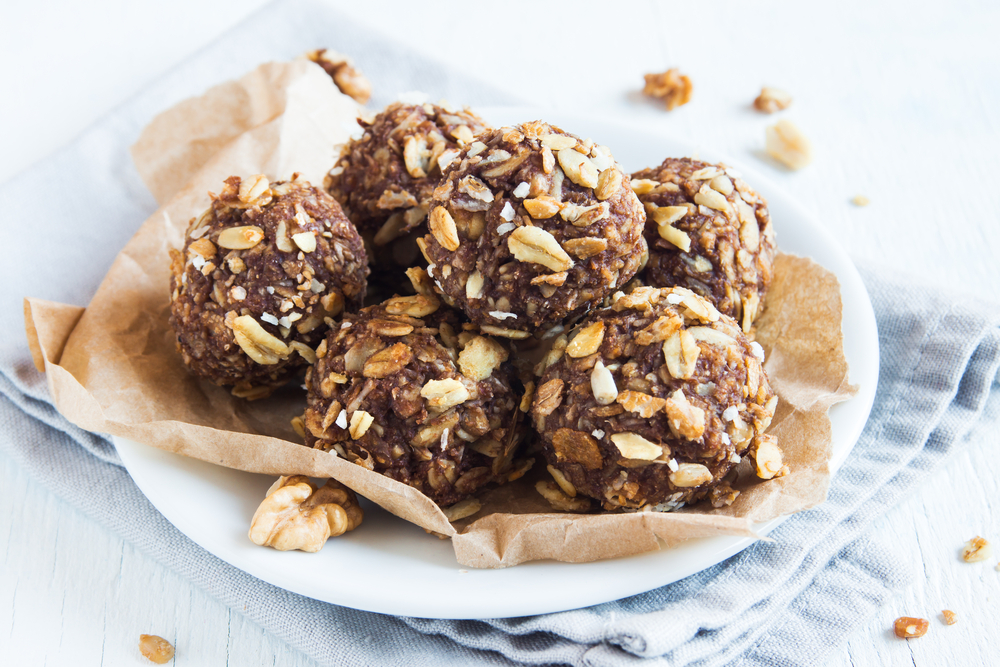Having trouble getting a good nights sleep? How many hours sleep do you feel you need to be able to function normally? It’s not the same for everybody. Let’s look at some healthy tips and suggestions to help get your sleep patterns back to how they should be.
Do any of these sound familiar?
- Having trouble falling asleep
- Unwanted thoughts swimming around in your head stopping you from relaxing
- Falling straight to sleep but waking up an hour later
- Waking up in the early hours of the morning and unable to get back to sleep
- Waking up feeling un-rested
In turn, these sleepless nights could cause:
- Brain fog or lack of concentration
- Emotional problems such as mood swings, anxiety, and depression
- Headaches/migraines or other aches and pains
- Fatigue and lack of motivation
- Weight gain
- Reduced libido
There’s a lot of talk right now about having a healthy gut for optimum health and wellbeing and how a sluggish, congested digestive system can cause both physical and emotional problems. Well, this could definitely be a contributing factor to irregular sleep patterns. The body needs to be able to absorb and metabolise nutrients which includes Tryptohan, an essential amino acid, which has a calming effect and helps induce sleep. Let’s start by eating a healthy balanced diet, including olive and flaxseed oil, sufficient fibre such as ground flaxseed, compliant grains and other compliant foods recommended in the Eat Right 4 Your Blood Type book. If you are not sure what your blood type is purchase one of our Home Blood Typing Kits. It only takes a few minutes to get the results.
The Gut Health Pack which contains Polyflora, Deflect and Live Cell for each specific blood type, will assist the body to cleanse and detoxify. I also have a full herbal dispensary including three of the most effective nervine herbs, Valerian, Skullcap and Passionflower along with the Thorne practitioner products Magnesium Citrate and 5HTP. If you’d like any of the practitioner products or a consultation please contact us.
To help this cleansing and balancing process start adding some of the following foods to your diet, which are high in Tryptophan, particularly with the evening meal or in a small snack before bed:
- Nuts – almonds *, pistachios
- Seeds – chia seeds, pumpkin seeds, flaxseeds *
- Protein-rich – turkey, beef, fish, eggs
- Quinoa
- Soy products – tofu, sprouted soybeans, soybeans
- Dark chocolate *
- Green tea
- Turmeric, coriander *
To help the body convert the tryptophan it is best to include a little carbohydrate-rich food such as sprouted whole grain bread or crackers along with the above or other complex carbohydrates such as brown rice, carrots or legumes.
Some of the above foods are also very high in Magnesium (I’ve marked these with an asterisk) which is an important mineral to help relax the nerves and muscles. Other foods high in magnesium are walnuts, kale, figs, spirulina, bananas, and molasses. Try blending some of these ingredients together to make some sleep bliss balls. Click here for one of our recipes.
Here are some other helpful tips to encourage a restful nights sleep:
- Follow a nightly routine to let your body know when it is time for sleep and try to go to bed at the same time each night.
- Try not to have too many stimulants such as coffee, alcohol or sugar-rich foods or a heavy meal at night.
- If you think something in particular is causing your sleep problems try and alleviate that obstacle. If it’s emotional stress, try journalling or talk about your stressors with a friend, family member or a professional if need be.
- Sleep in a dark room or use an eye sleep mask. Too much light in the bedroom can effect the body’s circadium rhythm.
- Eat enough as sleep problems can occur from having an empty tummy.
- Do you worm yourself regularly as having parasites on board could cause sleep problems? There are a number of anthelmentic herbs and foods you can try such as Garlic, Pumpkin seeds and Wormwood and Black Walnut or try Vermox from the pharmacy.
- Enjoy a cup of Chamomile or Vervain tea before bed
- Ensure your body is not too warm or too cold when you go to bed and that you haven’t got cold hands or feet as this can stop you falling asleep. The body is busy keeping our vital organs like the lungs and heart warm during colder weather and this can cause less blood flow to the hands and feet. If you’re able to, get an electric blanket.
- Have a nice hot bath with epsom salts and lavender oil
- Some find reading just before bed helpful.
- Include a good form of exercise in your daily routine. Yoga, Tai Chi or meditation are helpful particularly if you feel that stress is a contributing factor.
Wake up happy and rested.
If you still find that you are experiencing problems after trying these suggestions, contact your GP or other professional for help. Don’t let lack of sleep affect your quality of life.




